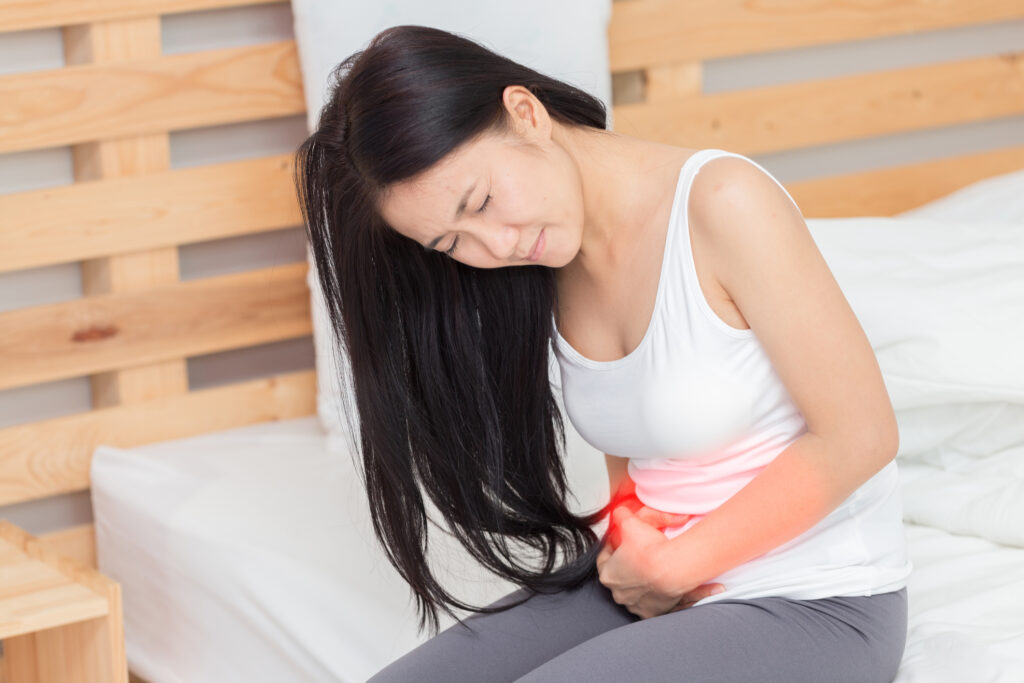PCOD / PCOS

PCOD / PCOS
Causes
PCOS is caused by a combination of genetic and environmental factors. Risk factors include obesity, a lack of physical exercise, and a family history of someone with the condition .Polycystic ovaries develop when the ovaries are stimulated to produce excessive amounts of androgenic hormones, in particular testosterone, by either one or a combination of the following (almost certainly combined with genetic susceptibility.
- The release of excessive luteinizing hormone (LH) by the anterior pituitary gland[81]
- Through high levels of insulin in the blood (hyperinsulinaemia) in women whose ovaries are sensitive to this stimulus
Sign & Symptoms
Common signs and symptoms of PCOS include the following:
- Menstrual disorders: PCOS mostly produces oligomenorrhea(fewer than nine menstrual periods in a year) or amenorrhea (no menstrual periods for three or more consecutive months), but other types of menstrual disorders may also occur.[25]
- Infertility: This generally results directly from chronic anovulation(lack of ovulation).[25]
- High levels of masculinizing hormones: Known as hyperandrogenism, the most common signs are acne and hirsutism (male pattern of hair growth, such as on the chin or chest), but it may produce hypermenorrhea (heavy and prolonged menstrual periods), androgenic alopecia (increased hair thinning or diffuse hair loss), or other symptoms.[25][55] Approximately three-quarters of women with PCOS (by the diagnostic criteria of NIH/NICHD 1990) have evidence of hyperandrogenemia.[36]
- Metabolic syndrome: This appears as a tendency towards central obesity and other symptoms associated with insulin resistance, including low energy levels and food cravings.[25][56] Serum insulin, insulin resistance, and homocysteine levels are higher in women with PCOS.[57]
- Polycystic Ovaries: Ovariesmight get enlarged and comprise follicles surrounding the eggs. As result, ovaries might fail to function regularly.
The primary treatments for PCOS include lifestyle changes and use of medications.[93]
Goals of treatment may be considered under four categories:
- Lowering of insulin resistance levels
- Restoration of fertility
- Treatment of hirsutism or acne
- Restoration of regular menstruation, and prevention of endometrial hyperplasia and endometrial cancer
Treatment
Treatment in modern medicine includes hormone therapy – use of oral contraceptives and metformin .
Homoeopathic approach
In homoeopathy, we do correct any hormonal imbalances and not provide or replace hormones from outer sources as is the case in allopathy. So we correct all the imbalances in body on all the levels from psychological /endocrinological level to permanently restore health. Homoeopathy has many effective medicines for PCOS /PCOD. Patient is cured with no side effects in most effective way.
